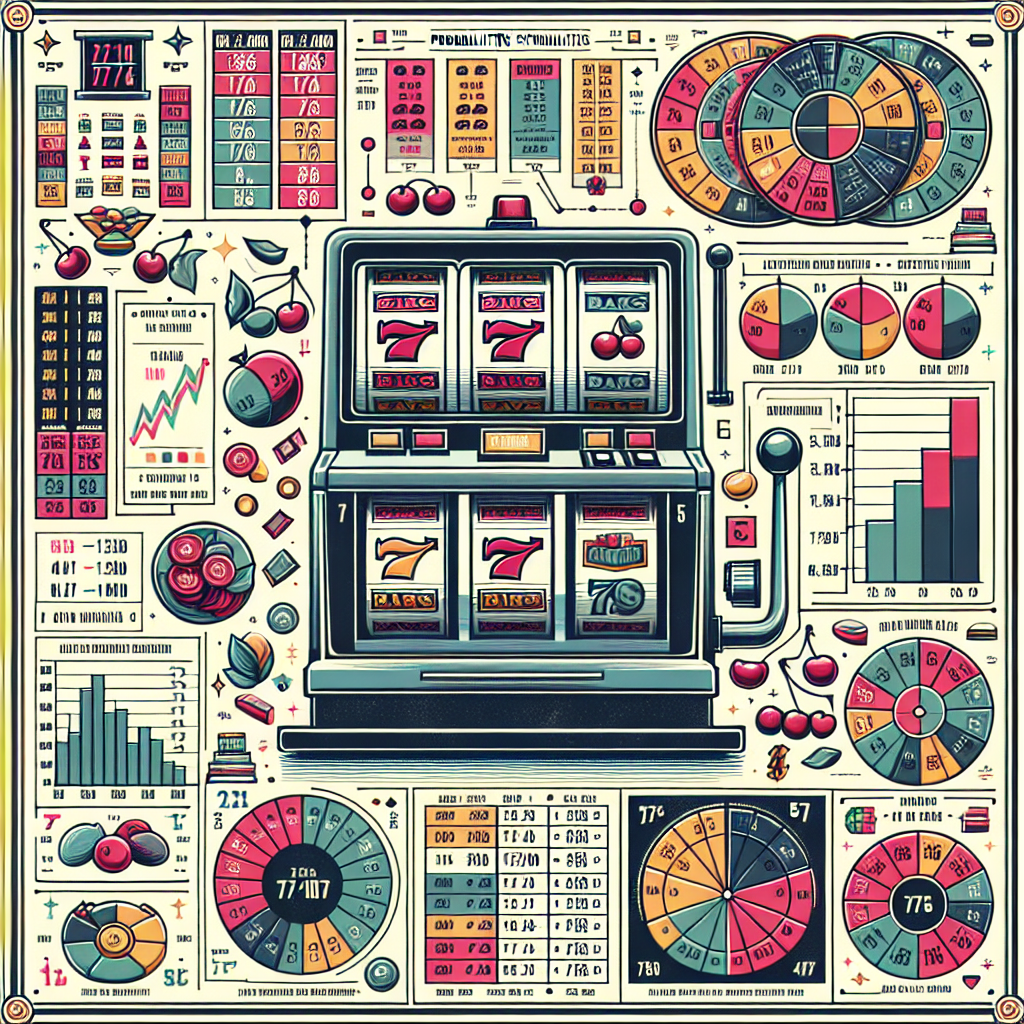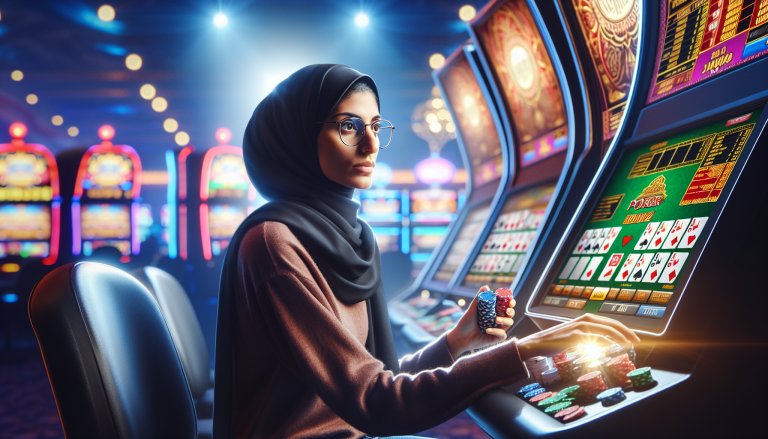The Odds of Winning at Slot Machines
Table of Contents
- Introduction
- Understanding Slot Machines
- Probability and Odds
- Strategies to Improve Odds
- Psychology of Gambling
- Conclusion
Introduction
Slot machines are among the most popular games in casinos worldwide. Despite their popularity, the odds of winning at slot machines remain a mystery to many players. This article aims to shed light on the mechanics of slot machines, the probability of winning, and strategies that can potentially enhance a player’s odds.
Understanding Slot Machines
Mechanics of Slot Machines
Slot machines operate on a simple principle: press a button or pull a lever, and reels spin, displaying symbols. If these symbols align in a winning combination, the player wins. Modern machines use random number generators (RNGs) to ensure fair play and randomness.
RNGs generate thousands of numbers per second, even when the machine is not in use. This randomness means that each spin is independent of the previous one, making it impossible to predict outcomes.
History of Slot Machines
Slot machines have evolved significantly since their inception in the late 19th century. The first machine, the Liberty Bell, was invented by Charles Fey in 1895. It featured three reels and five symbols. Over the decades, technological advancements have transformed these mechanical machines into digital marvels.
Today’s slot machines incorporate complex algorithms and captivating graphics, enhancing the gaming experience while maintaining randomness and fairness.

Probability and Odds
Basic Probability Concepts
Understanding probability is crucial when discussing the odds of winning at slot machines. Probability refers to the likelihood of an event occurring and is expressed as a fraction or percentage.
For instance, the probability of rolling a six on a standard die is 1/6, as there is one favorable outcome and six possible outcomes.
Slot Machine Odds
Slot machine odds are determined by the number of symbols and reels. A machine with three reels and ten symbols per reel offers 1,000 possible combinations (10 x 10 x 10). However, not all combinations result in a win, and the payout for each winning combination varies.
Payback percentage and house edge are key concepts. The payback percentage is the amount a machine returns to players over time. If a machine has a 95% payback, it returns $95 for every $100 wagered. The house edge is the casino’s profit percentage, which would be 5% in this example.

Strategies to Improve Odds
Bankroll Management
Effective bankroll management is essential for responsible gambling. Players should set a budget for their gaming session and stick to it. This approach helps in prolonging playtime and enhances the overall gaming experience without the risk of significant financial loss.
Additionally, players should determine the maximum amount they are willing to lose and stop playing once that limit is reached.
Choosing the Right Machine
Not all slot machines are created equal. Some offer better odds and higher payback percentages than others. Players should research and find machines with favorable odds to increase their chances of winning.
It is also advisable to choose machines with smaller jackpots, as they tend to pay out more frequently than those with larger jackpots.
Psychology of Gambling
Emotional Triggers
Casino games, including slot machines, are designed to trigger emotional responses. Bright lights, sounds, and the anticipation of winning can lead to excitement and, sometimes, impulsive decisions.
Understanding these triggers can help players maintain control over their gambling habits and make informed decisions.
Impact of Design
Slot machines are meticulously designed to enhance player engagement. The use of vibrant colors, engaging themes, and interactive features keep players entertained and encourage prolonged play.
Design elements, such as near misses and frequent small wins, can also create the illusion of a higher probability of winning, even when the odds remain constant.
Conclusion
While the odds of winning at slot machines are inherently low due to the house edge, understanding the mechanics, probability, and strategies can help players make informed decisions. Responsible gambling practices, such as bankroll management and machine selection, can enhance the gaming experience and potentially improve the odds of winning.






